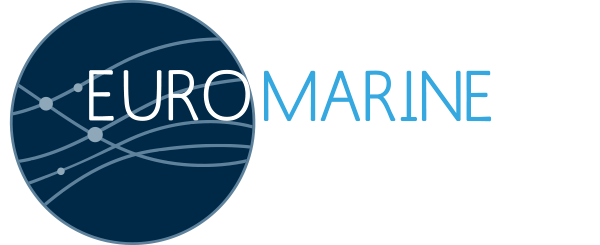Marine chemical ecology is still an emerging field that has not been addressed using concerted, cross-disciplinary effort. Increasing understanding on the chemical ecology of food-web networks would provide opportunities for implementing new management solutions, improving the predictive capability of environmental change scenarios and sustaining healthy marine resources.
This foresight workshop will assess the unknowns and identify the benefits of marine chemical ecology for the sustainable management of marine resources. It will facilitate the integration of expert activities and visions on this topic through the participation of invited researchers in the fields of marine and terrestrial chemical ecology. The intention is to form a synthesis of current knowledge on marine chemical ecology and identify important knowledge gaps or key milestones in terrestrial chemical ecology. This will contribute to the coordination of a ten year roadmap and allow for opinion building and knowledge exchange via the publication of an open access collaborative foresight paper. Public engagement of the outcomes are of benefit to the entire field, increasing public interest and awareness of the resources available from the marine realm. This event will ensure international co-operation across EuroMarine members and the wider European research community.


